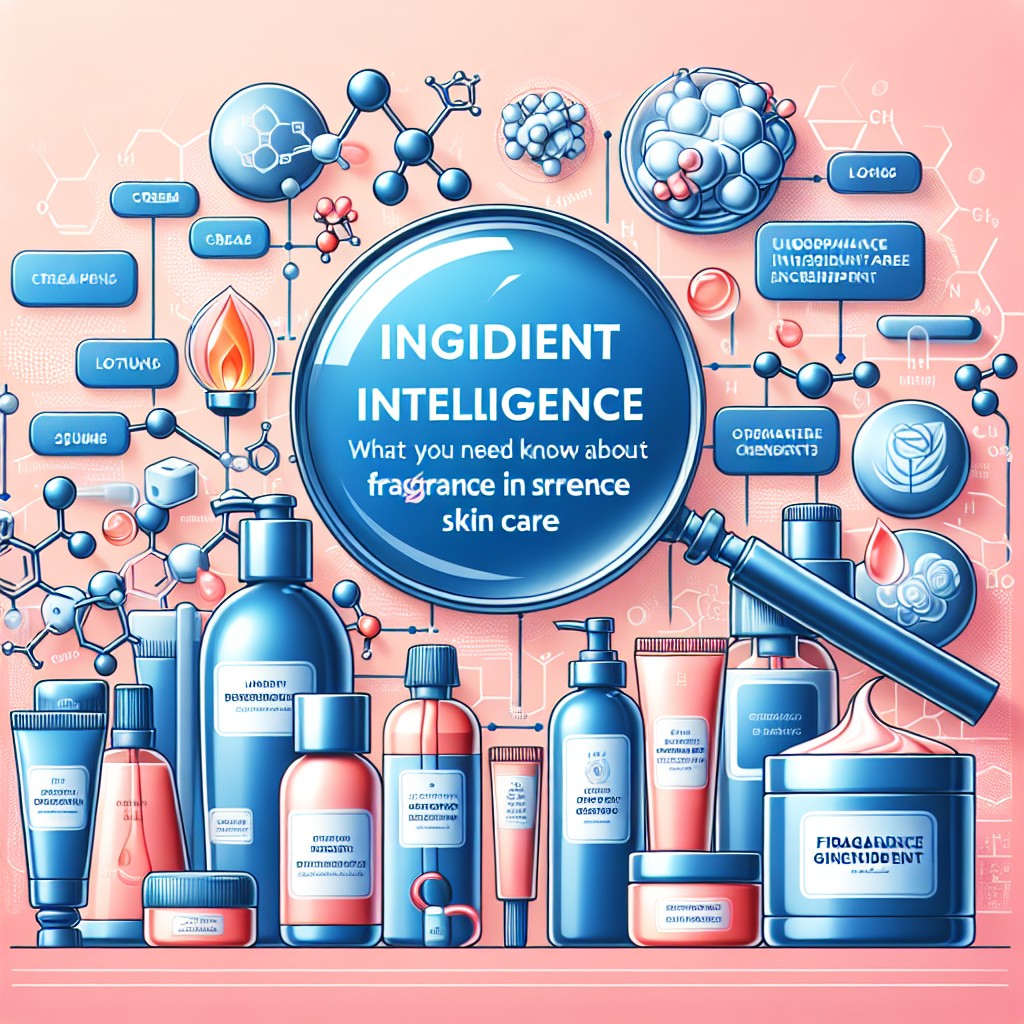When it comes to skincare, one element that often receives less attention is fragrance. We are all familiar with the idea of having a pleasant scent in our skincare products, but it is important to understand the role that fragrance plays and how it can impact our skin health. In this article, we will delve deeper into the world of fragrance in skincare and discuss what you need to know about this often-overlooked ingredient.
Fragrance is a common ingredient found in various skincare products such as moisturizers, serums, and masks. It is typically added to provide a pleasing scent and enhance the overall experience of using the product. However, what many people do not realize is that fragrance is considered an umbrella term that can encompass a wide range of chemical compounds, some of which may not be beneficial for our skin.
One of the primary concerns with fragrance is the potential for skin irritation. Many fragrances contain allergens and irritants that can cause redness, itching, and even allergic reactions. This is particularly true for individuals with sensitive skin or conditions such as eczema or rosacea. It is essential to be mindful of this when selecting skincare products and to opt for fragrance-free options if you have known sensitivities.
In recent years, there has been an increasing demand for fragrance-free skincare products. This shift comes as consumers become more aware of the potential risks associated with fragrances and their impact on the skin. Fragrance-free products are formulated without any added scents, making them a safer choice for those with sensitive skin or skin conditions.
However, it is important to note that not all fragrances are created equal. Some skincare brands are beginning to use natural, plant-derived fragrances instead of synthetic ones. These natural fragrances are often obtained from essential oils or botanical extracts and may provide additional skincare benefits along with a pleasing scent. It is worth exploring these options if you enjoy scented skincare products but want to minimize potential irritations.
Reading ingredient labels is an important step in understanding the fragrance content of a skincare product. Unfortunately, the term "fragrance" is often used interchangeably with "parfum" on ingredient lists, making it challenging to know exactly what is included. To make an informed decision, look for products that disclose the specific ingredients used for fragrance rather than just using the generic term. This transparency is crucial in helping consumers make educated choices about the products they use on their skin.
Additionally, it is worth mentioning that fragrance is not only used to enhance the scent of skincare products. It is also used to mask the smell of other ingredients. Some active ingredients in skincare formulations may have a natural or unpleasant odor, which manufacturers may seek to mask with fragrance. While this may improve the user experience, it can be deceptive and may lead consumers to believe their products are completely free from fragrance when that might not be the case.
In conclusion, fragrance is an important yet often overlooked aspect of skincare products. While it can enhance the user experience, it is crucial to be aware of its potential risks, particularly for individuals with sensitive skin. Opting for fragrance-free or naturally scented products can help minimize the risk of irritation and allergic reactions. Finally, reading ingredient labels and seeking transparency from skincare brands will allow consumers to make informed choices and prioritize the health of their skin.

Share This Article
More Articles You Might Like
Discover More Content
Explore our collection of articles across various topics and categories. From cutting-edge technology insights to wellness wisdom, we curate the best stories to expand your horizons.
Article ID: 123